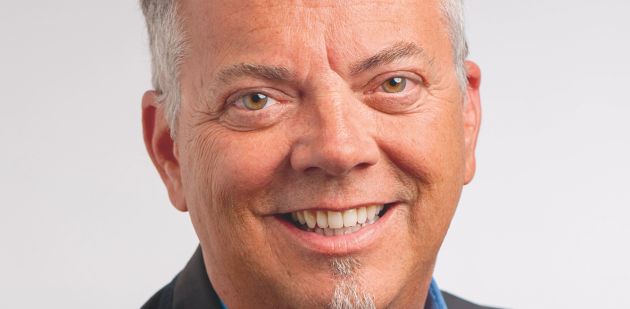Can educational innovation build expertise? Beware of the risks of “illusory” education!
Serge Gallant is Director of the CHUV Training Centre

Switzerland has a particularly well developed system of professional training throughout one’s career. This system is extensively supported by the government, professional organisations and employers. The Lausanne University Hospital has 10,000 employees who each do a different job. CHUV therefore devotes a large portion of its budget to the development of its staff.
As health care expertise progresses at record speed, ongoing professional training has become crucial to rapidly offset the inevitable holes in the staff’s education. The current environment requires highly specialised medicine and treatments to meet the needs of a vulnerable, ageing population with serious health problems.
It is therefore no surprise that new educational information and communication technologies, especially e-learning, appear as miracle solutions to those who want to believe that all we have to do is pass knowledge down on one side for learning to take place on the other.
Must we remind people that, between the energy invested by the clinical and education experts, the production costs represent an average of 300 hours of work for one hour of training in an interactive e-learning programme like the one presented in the “Tandem” section of this magazine?
The idea here is not to condemn educational innovation and campaign for the return of the good old blackboard and white chalk. Quite the opposite! These technological developments have proved effective in certain conditions, both in terms of learning and cost management. However, it is only an educational strategy. The significant investment it requires should push us to ask what the point of education truly is.
At hospitals, and especially universities, the purpose of professional training must not only be to increase the knowledge of the staff. It also implies developing their expertise – that perfect balance of scientific, technical, ethical and collaborative knowledge, all equally
important and necessary – of all professionals
to better serve patients and their loved ones.
But we can easily forget that goal and be blinded by technological innovation, which risks leaving trainees starry-eyed instead of better educated! ⁄